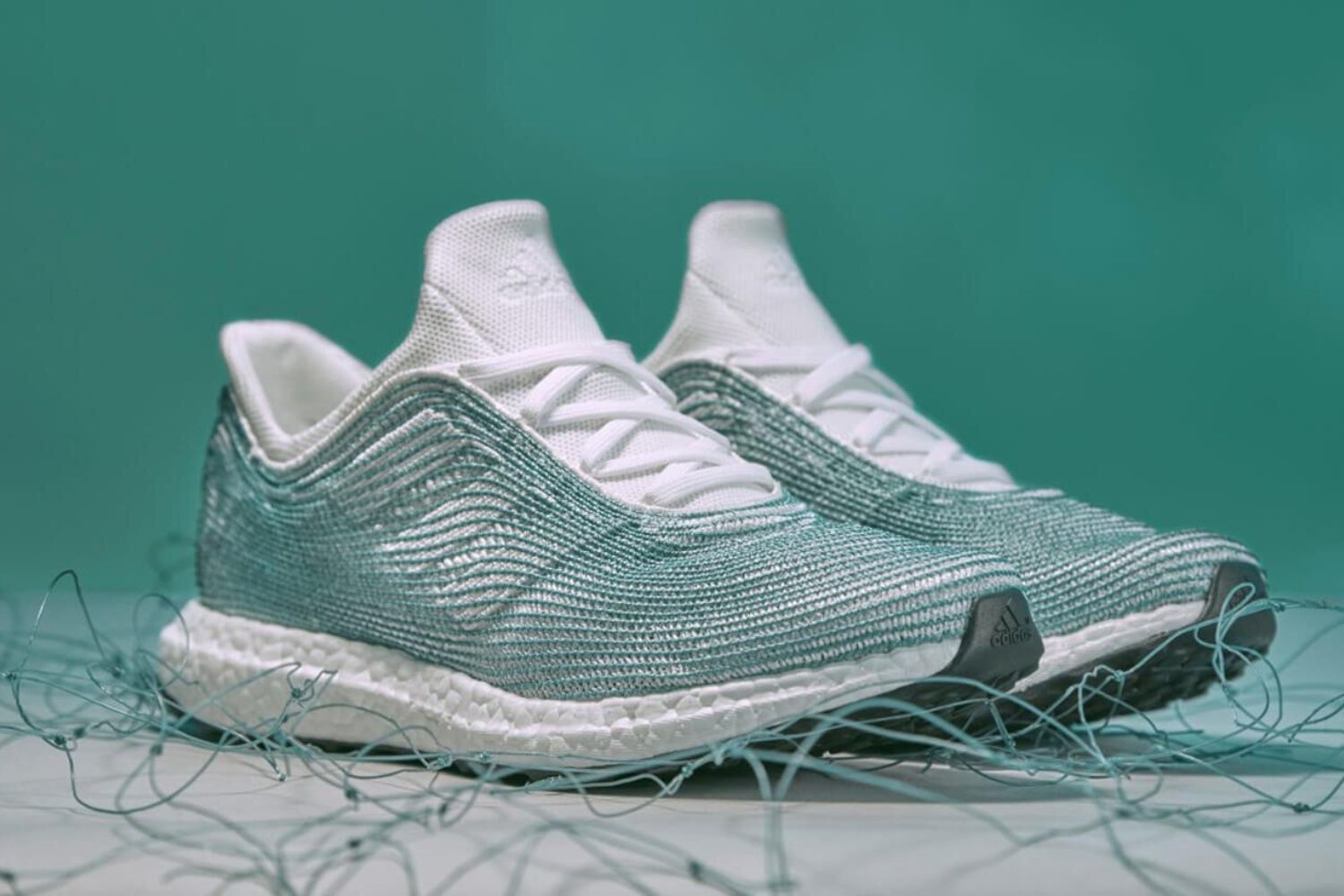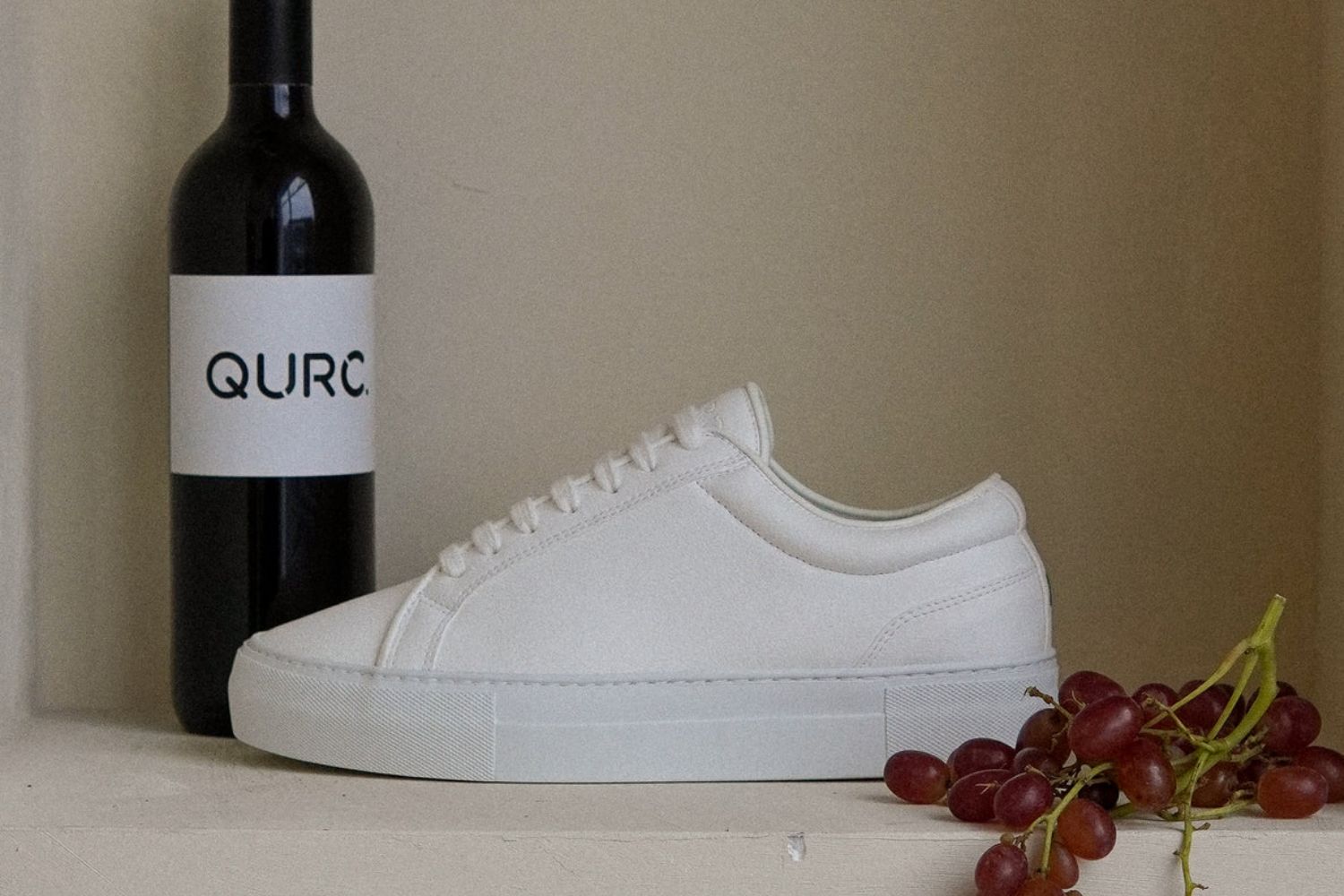"Eco-friendly," "sustainable," "green" — these buzzwords get thrown around a lot, especially in fashion and footwear. But when it comes to sneakers, what do these terms actually mean?
Can a pair of shoes really be eco-friendly, or is it just clever marketing? Let's take a closer look.
 adidas x Parley
adidas x Parley
What Makes a Sneaker Eco-Friendly?
At its core, an eco-friendly sneaker is designed with reduced environmental impact in mind. This can involve:
Materials: Using organic cotton, recycled polyester, natural rubber, plant-based dyes, or leather alternatives made from mushrooms or cactus.
Production: Reducing water usage, energy consumption, and harmful chemicals during manufacturing.
Packaging: Opting for recycled and minimal packaging materials.
End of Life: Designing shoes that are biodegradable, recyclable, or part of a take-back program.
However, it's not just about using the right materials. Transparency, traceability, and a brand's overall commitment to reducing its footprint matter too.

Can a Shoe Be Completely Eco-Friendly?
The short answer is: rarely. Every product has some environmental cost. From raw material extraction to shipping and consumer use, it's nearly impossible to make a zero-impact product. But the goal is progress, not perfection.
Brands that focus on circularity, ethical labour practices, and longevity of wear are moving the needle in the right direction.

Innovations and Alternatives
The footwear industry has seen some exciting innovations lately:
Recycled/ Recyclable Shoes: adidas x Parley have created sneakers made from ocean plastic. (Read full article here >>)
Bio-Based Materials: Companies like Allbirds and Qurc use sugarcane, merino wool, cork and other natural materials.
Modular Designs: Sneakers with replaceable parts to extend their life cycle. Camper has designed the 6-piece modular Roku sneaker. (Read full article here >>)
Regenerative Practices: Some brands are exploring regenerative farming for raw materials like cotton and rubber.
Final Thoughts
Eco-friendly sneakers aren't just a trend; they're part of a larger shift toward responsible consumerism. While no shoe is 100% sustainable, choosing products that are thoughtfully made is a step in the right direction. So next time you shop, look beyond the green label. Ask how it's made, what it's made of, and where it will end up. Every step counts.
What are eco-friendly sneakers?
Eco-friendly sneakers are footwear made with a focus on reducing environmental impact. This includes using sustainable materials, minimizing waste, and implementing ethical production practices.
Can a shoe be 100% eco-friendly?
Completely eco-friendly shoes are rare due to the complexity of global manufacturing. However, many brands aim for significant improvements by reducing emissions, waste, and harmful materials as much as possible.
How can I tell if a sneaker is truly eco-friendly?
Look for transparency in material sourcing, third-party certifications (like GOTS, FSC, or Bluesign), and brand initiatives around circularity or recycling. Be cautious of greenwashing.


.png&w=3840&q=75)


.png&w=3840&q=75)
.png&w=3840&q=75)
.png&w=3840&q=75)